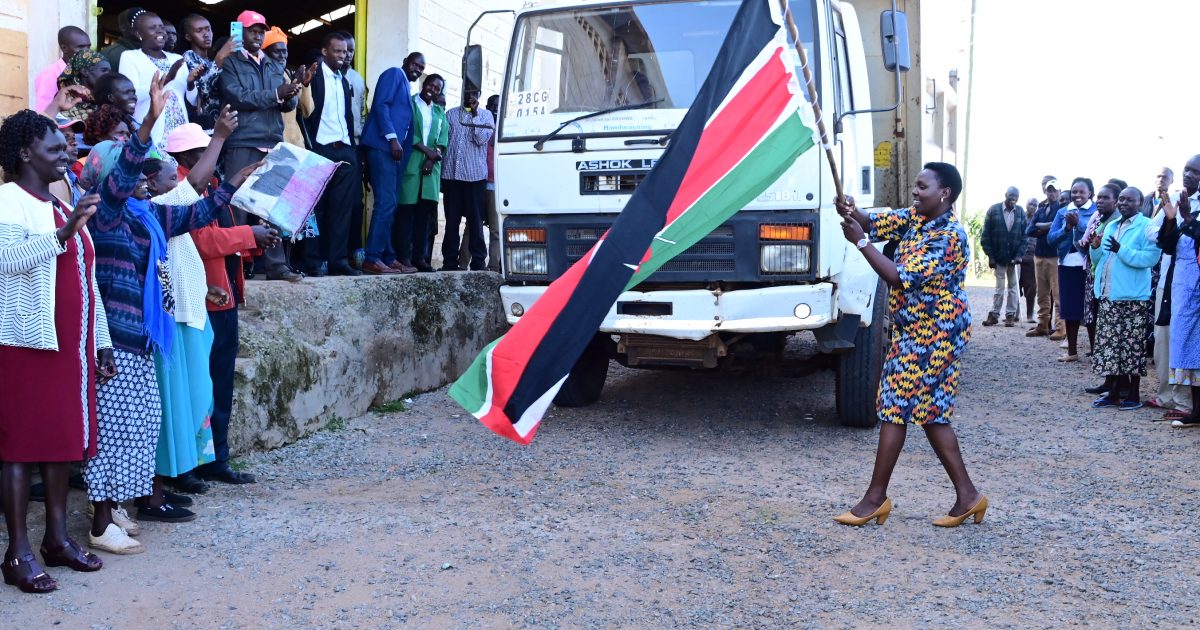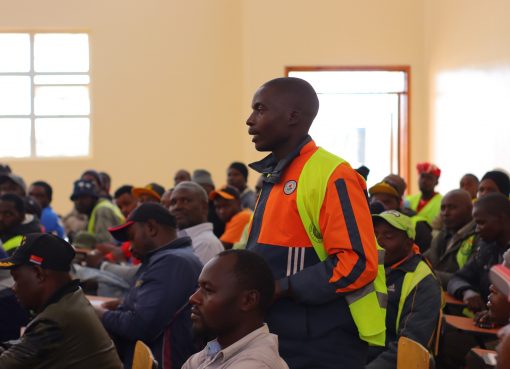Elgeyo Marakwet Woman Representative Caroline Ngelechei on Wednesday flagged off 465 bags of maize, 398 bags of rice, and 159 bags of beans to schools in Kerio valley.
The initiative aims at ensuring that school-going children in the region have access to nutritious meals as well as keep them in class.
During the flagging off of the food aid, Ngelechei highlighted the challenges faced by the communities in the Kerio Valley including prolonged drought and insecurity.
She said last year the drought severely affected agricultural activities, resulting in complete crops failure. “Consequently, the region has been grappling with a severe food shortage, particularly affecting schoolchildren who often go without food at home and school,” she lamented.
Ngelechei emphasised the situation’s urgency, noting that the school calendar does not wait, and examinations are imminent. “It is crucial that all students are provided with equal opportunities, regardless of their circumstances,’’ she added.
She expressed her gratitude to various stakeholders involved in making the food aid distribution possible, including the Red Cross, national drought management programmes and the Ministry of Interior.
Ngelechei further explained that in previous years, when harvests were abundant, parents would donate food to schools. “However, due to delayed planting, untimely farming, and the high cost of agricultural inputs coupled with insecurity, many parents were unable to do so this year,” she said.
The women’s representative and local leaders are pushing for the region to be designated as an Arid and Semi-Arid Land (ASAL) area once again.
She noted that currently, half of Elgeyo Marakwet County is classified as a semi-arid region, while the other half consists of highlands where a significant portion of the highlands is under forest cover, leaving only a quarter of the area available for sustainable farming.
Re-establishing the ASAL classification would enable the region to access benefits such as school feeding programmes and other support systems that ASAL areas enjoy.
The distribution of food aid to schools in the Kerio Valley is a vital step in addressing the food shortage crisis. However, long-term solutions are needed to ensure food security.
By Rennish Okong’o





